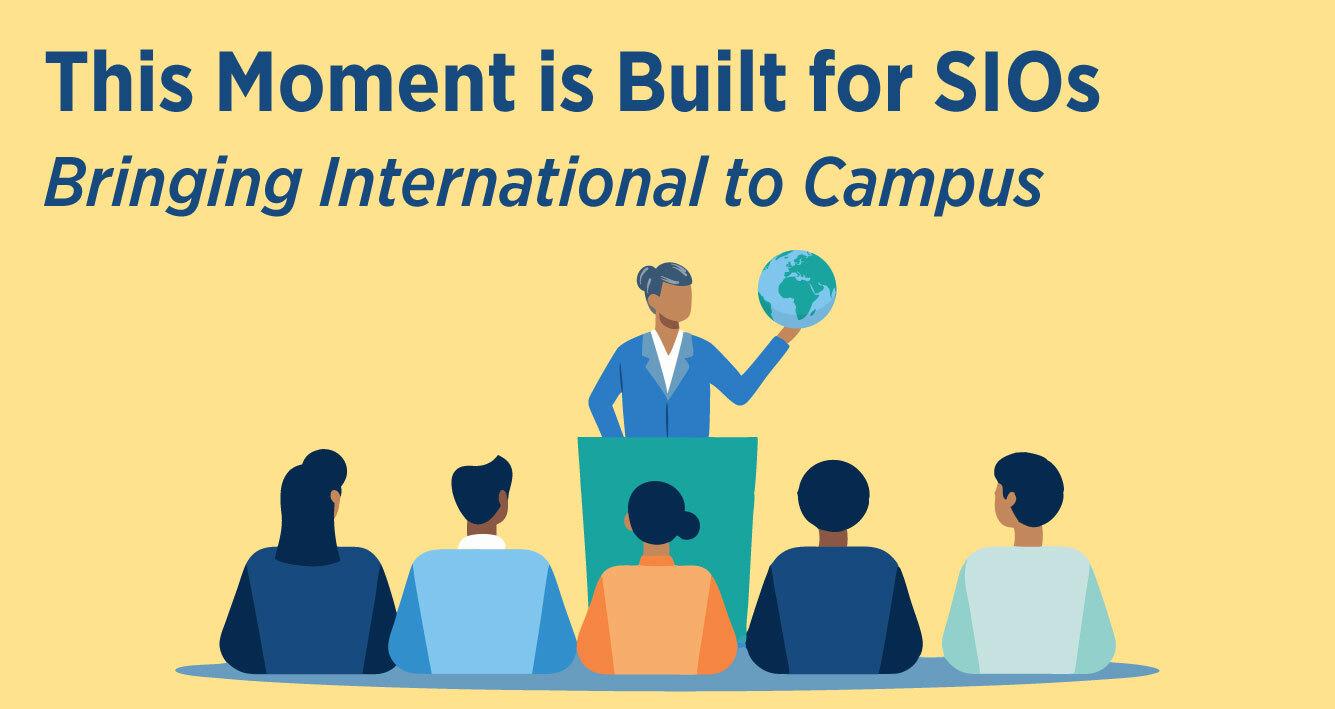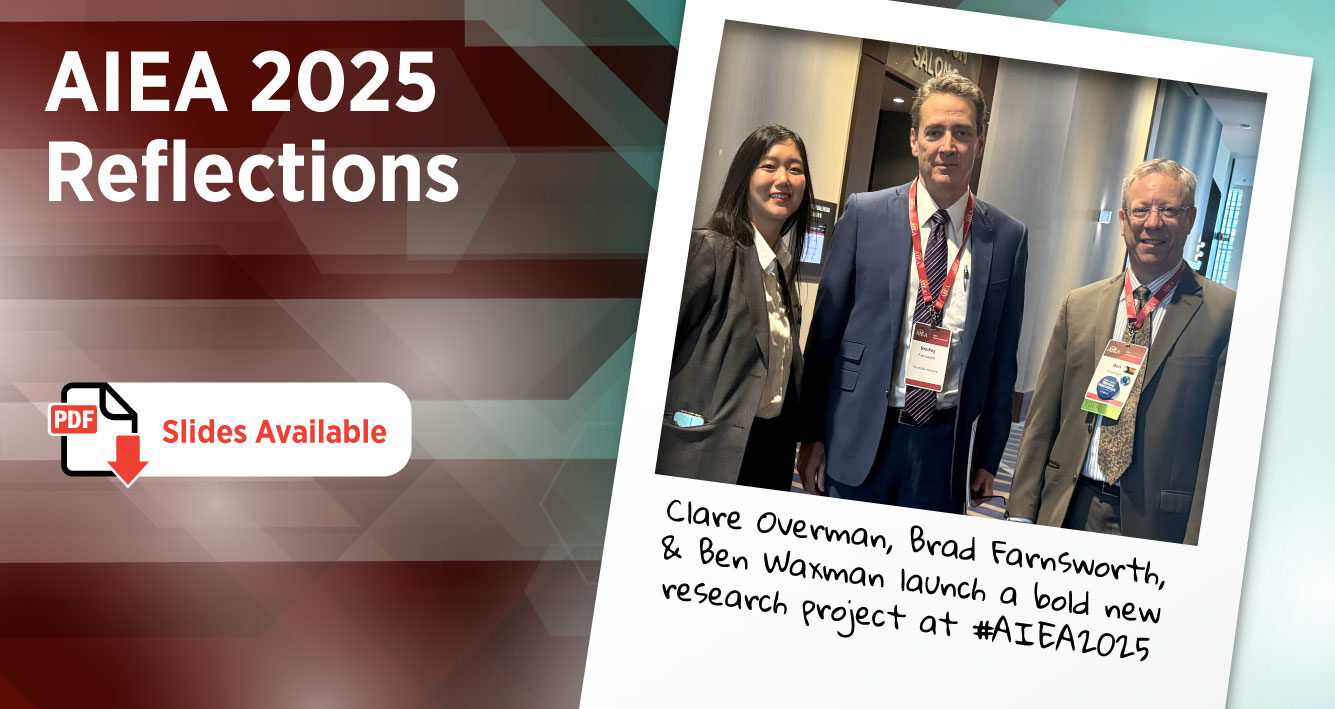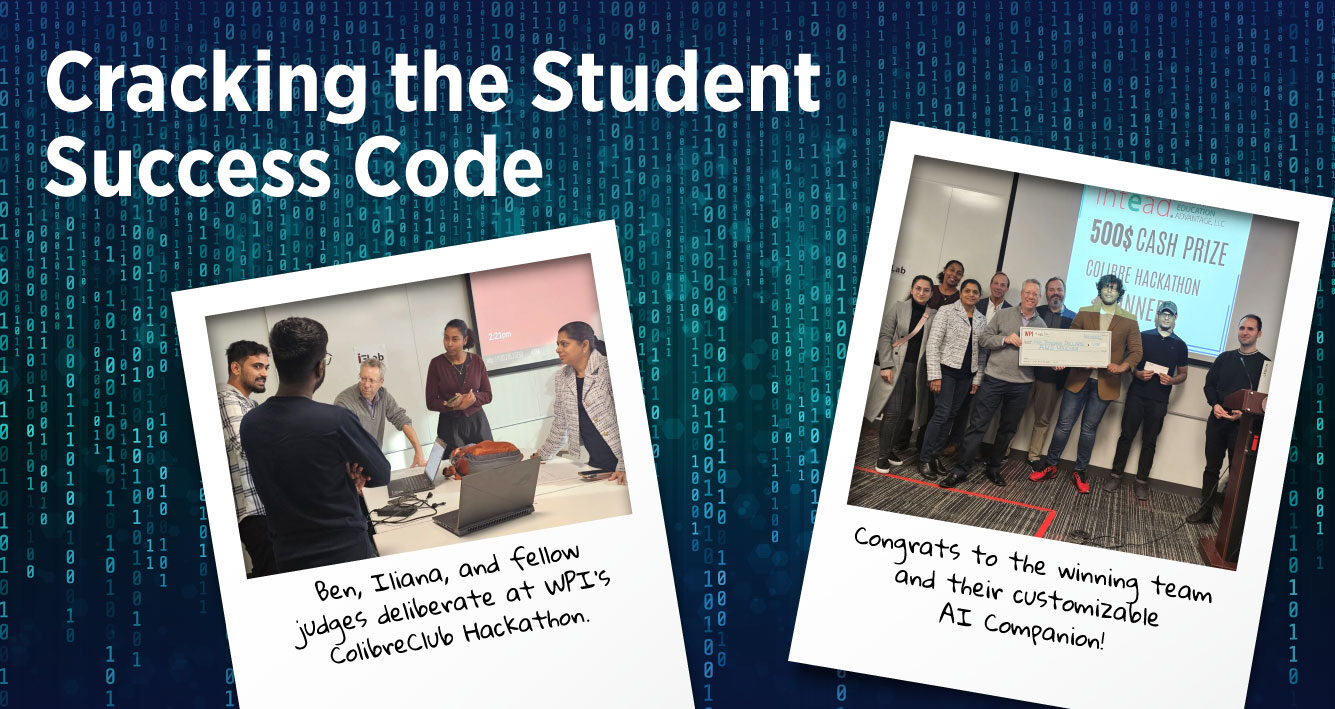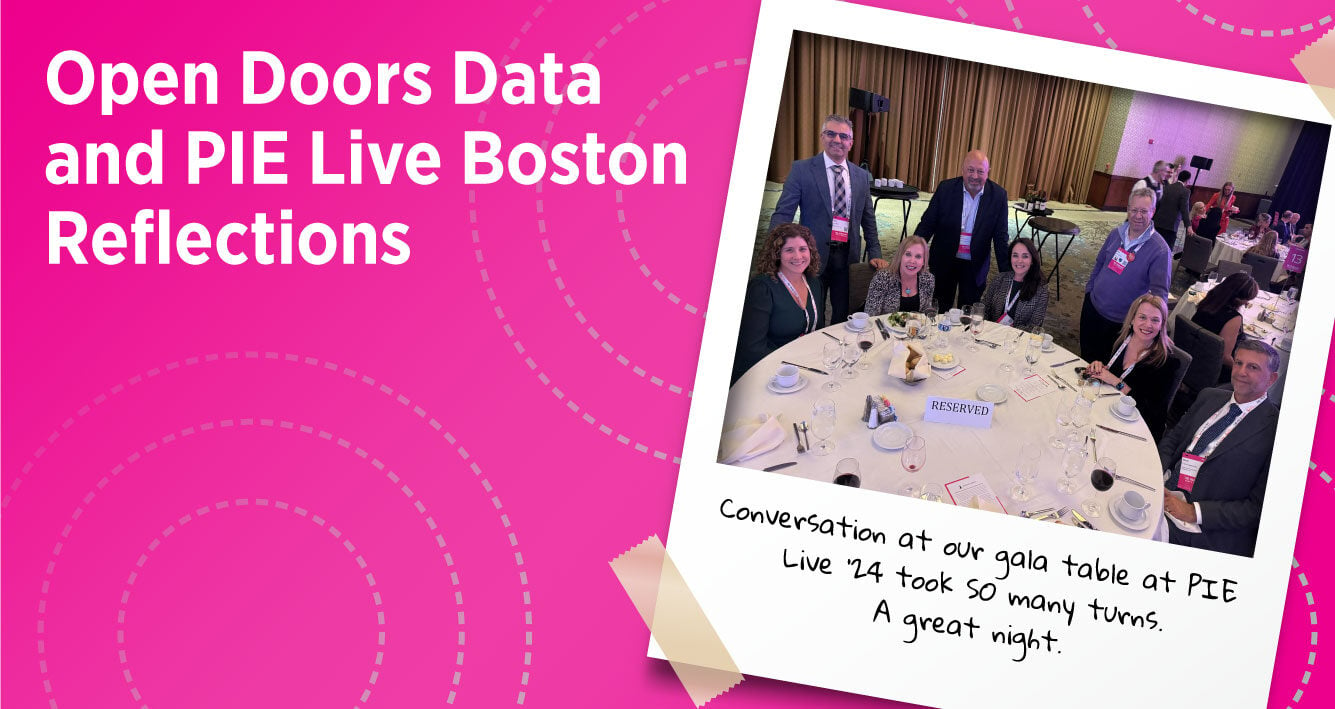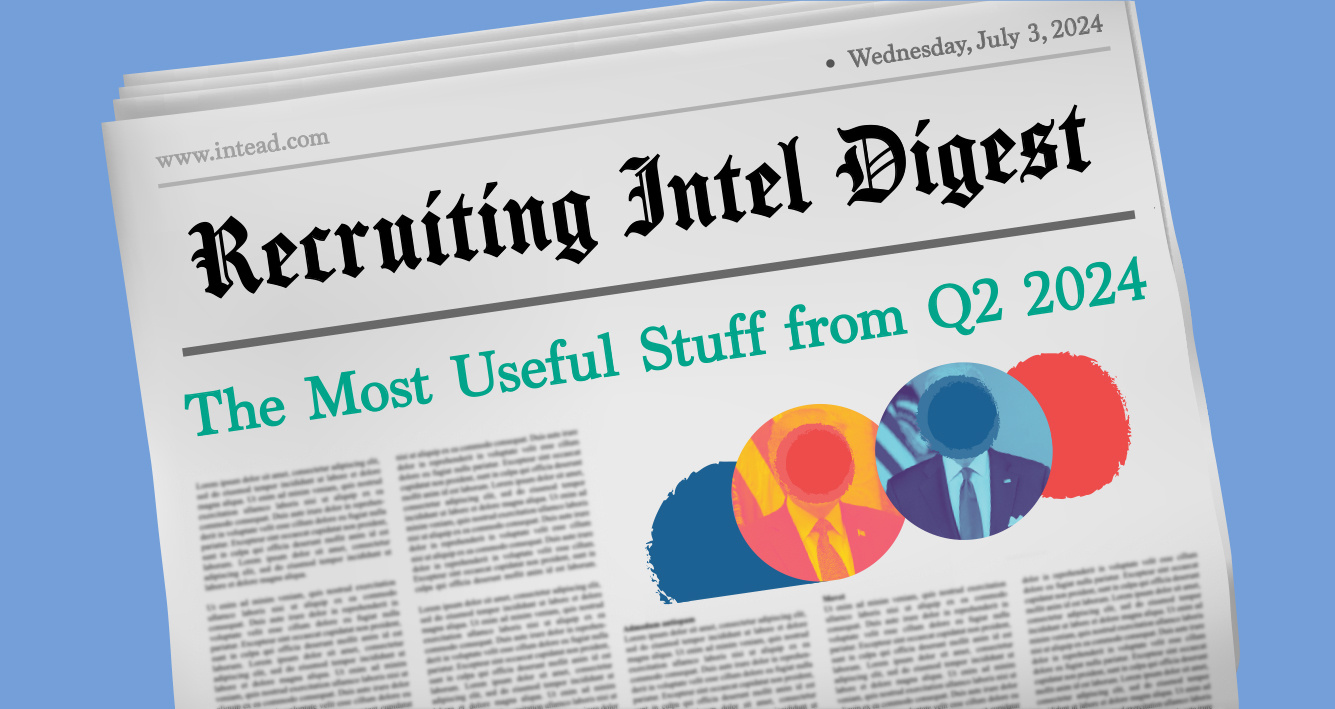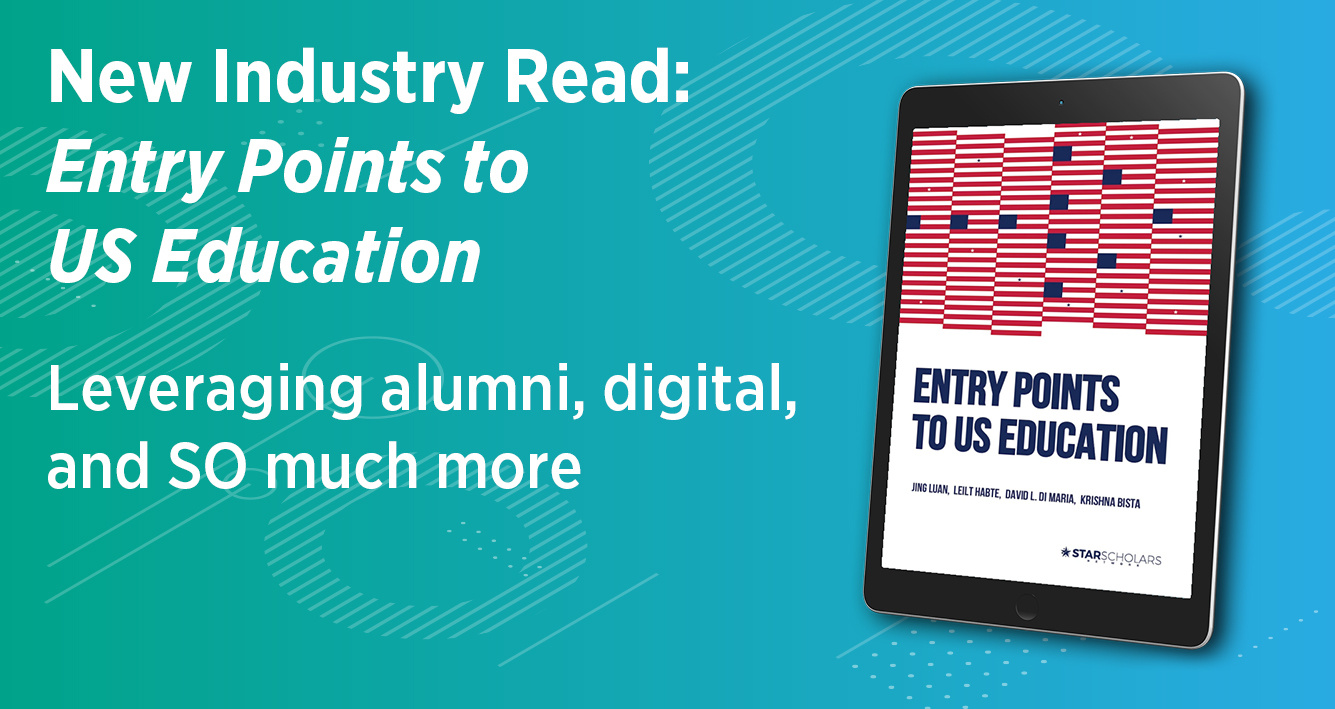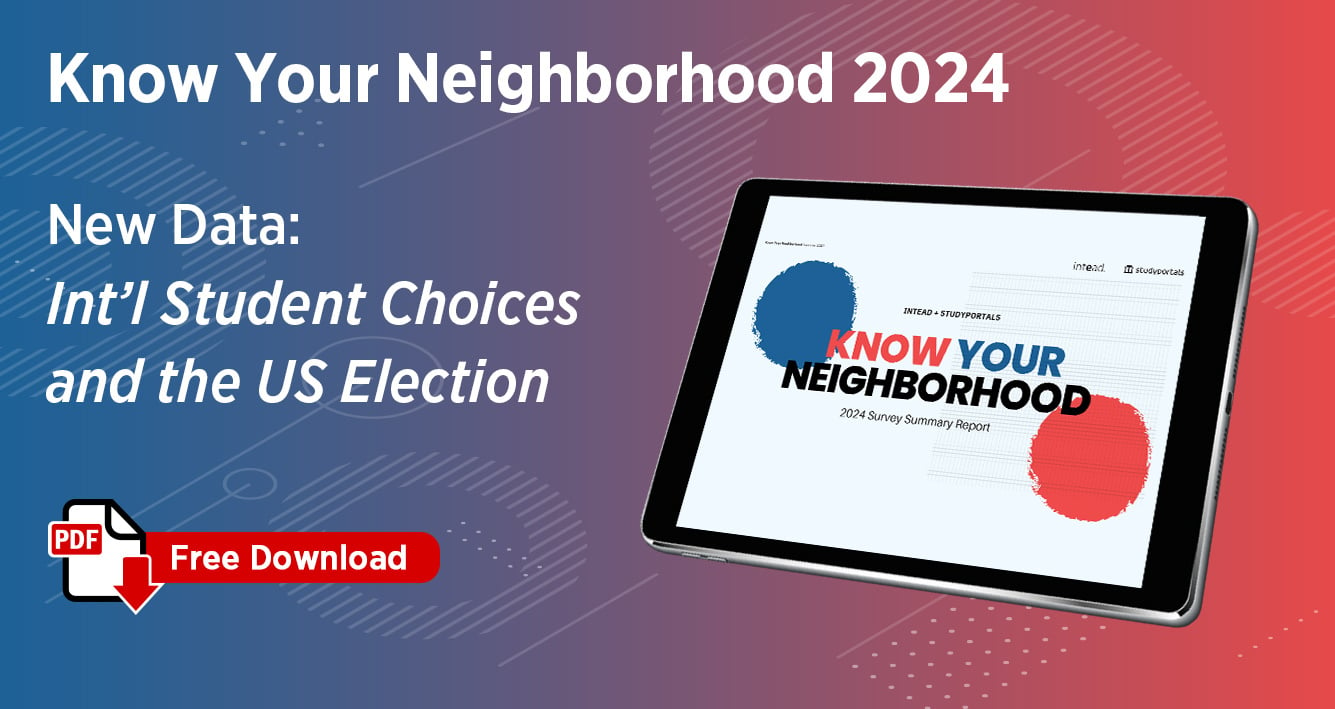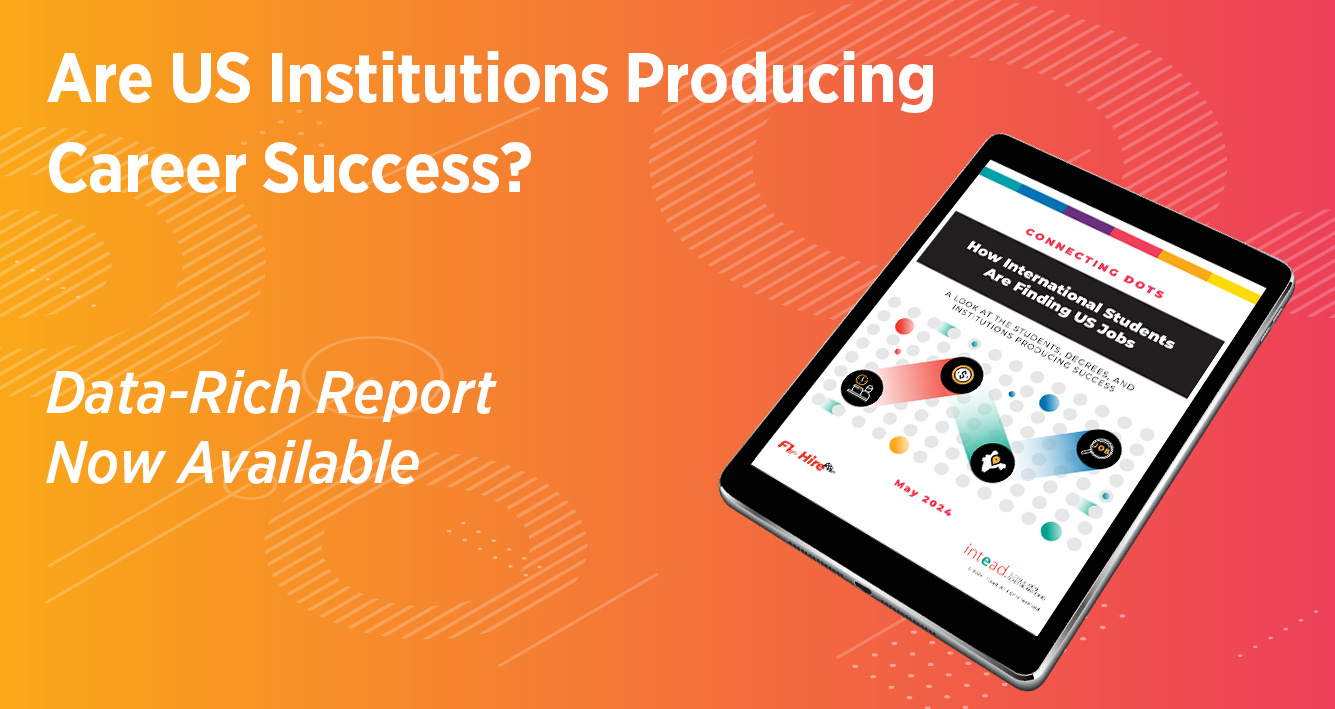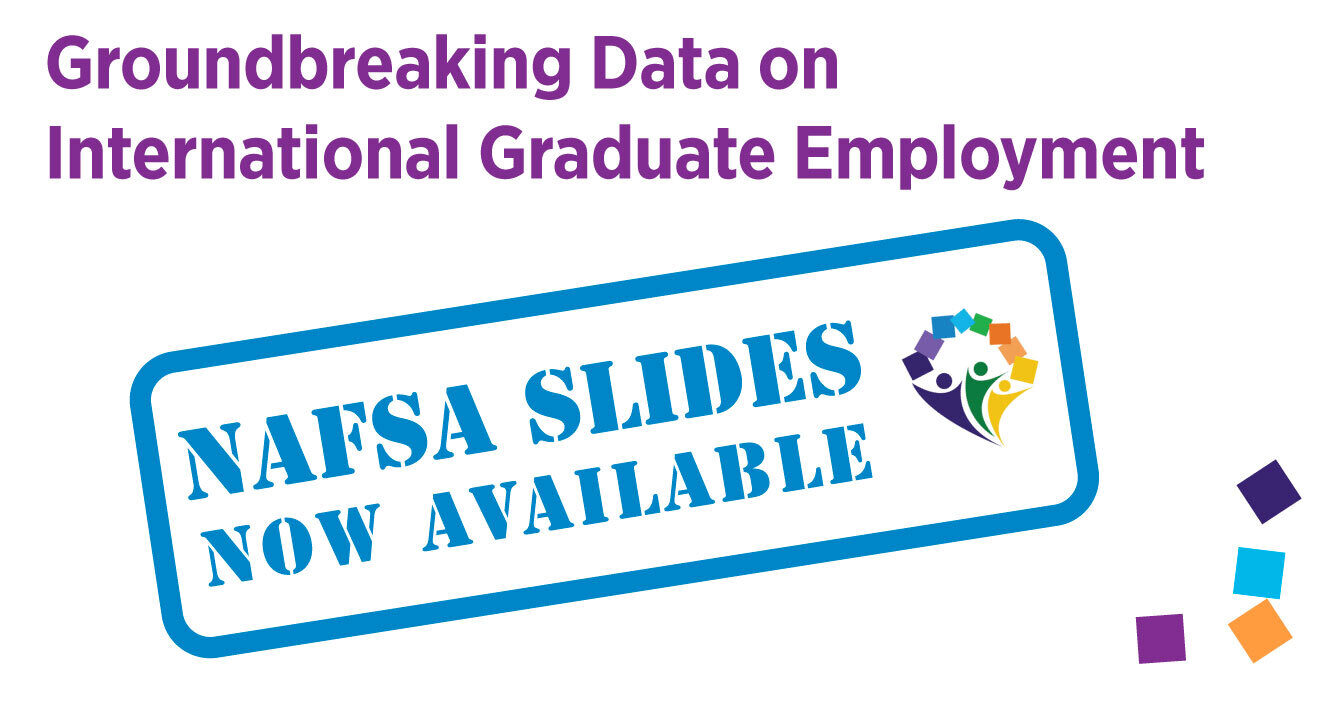SIOs (Senior International Officers) have for years been understaffed and under resourced. As vetting of international students ratchets up and new policies continue to challenge immigration and inclusion, SIOs wonder: what’s next?
What we know is that our SIO colleagues have been receiving an abundance of well-intended, and often unwanted, emails of concern from their academic peers across the campus. Administrators, deans, and faculty are coming out of the woodwork, asking how the SIO and the institution as a whole are supporting international students. Sidebar comments may also raise concerns about how the institution will meet our future international student enrollment targets.
SIOs often view the sudden and intense interest in all things international as unnecessary and intrusive. As the questions stream into your inbox your knee jerk reaction may be to push them off.
I can spend all day writing substantiative responses to each of your inquiries. Or I can do my job. Frankly, I’d prefer you simply stayed out of it. Trust me, I know what I’m doing.
Meet Intead!
- Find us at AIRC in Atlanta in December, AIEA in DC in February, and ASU+GSV in San Diego in April. Be in touch to share a cup of coffee in person.
eBook Reboot: 88 Ways to Recruit International Students 2025 update. Your tactical toolkit for the year ahead. Covering all the bases in 10 quick-read chapters. Fosters great ideation discussions with your team.
Of course, you have been staying informed about all the policy changes. And no, you won't provide a summary of the policy changes that are coming in weekly with your multi-faceted plan to address each one, giving appropriate weight to the student, department, and institutional priorities.
Still, you know your colleagues are coming from a good place as they express their dismay. It can be gratifying to establish that these colleagues actually know your office and your role exist! We jest (but only a little).
Are you seeing the opportunity?
The SIO’s job is rarely well understood. The international staff swims in different, more complex currents than the larger domestic team. Storm clouds that the domestic team can ignore look entirely different from the SIO's office.
Just one example: A downturn in oil prices, for instance, can disrupt the finances of students from oil-dependent economies. An economic shift like this rarely impacts domestic students. Is the domestic enrollment marketing team even aware of stuff like that? Likewise, any sudden shift in international currency exchange rates can alter student retention realities overnight.
Truth is, you’ve been addressing the new realities each time new policies or statements emerge. And you’ve even informed your internal community about your efforts. Have they been listening?
This really is a golden moment to get leadership across campus in tune to what is going on with international enrollment, international student experience, and overall campus internationalization efforts. It is a golden opportunity to let your colleagues know what their role could and should be.
Deep breath. Therein lies the opportunity. Read on…

